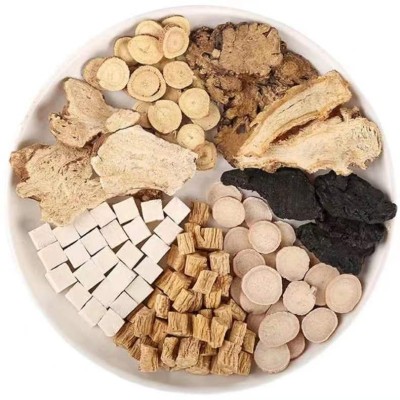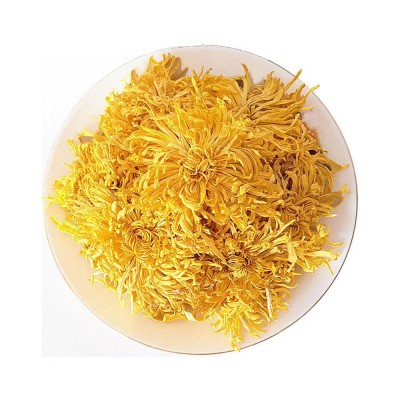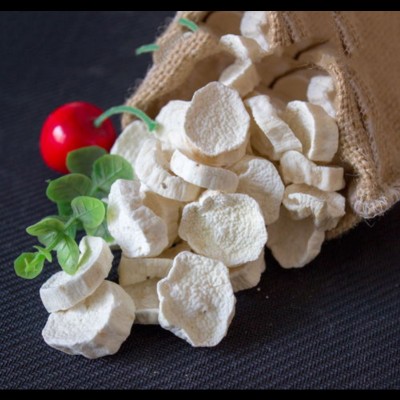How Women Can Navigate Menopause
How Women Can Navigate Menopause
The various mental and physical discomforts during menopause not only diminish the quality of life but also impact overall health, leading to cardiovascular diseases, osteoporosis, and other ailments. To manage this "crisis" in women, comprehensive approaches from nutrition, physical constitution, and psychology are necessary to win this battle.
Balanced Nutrition
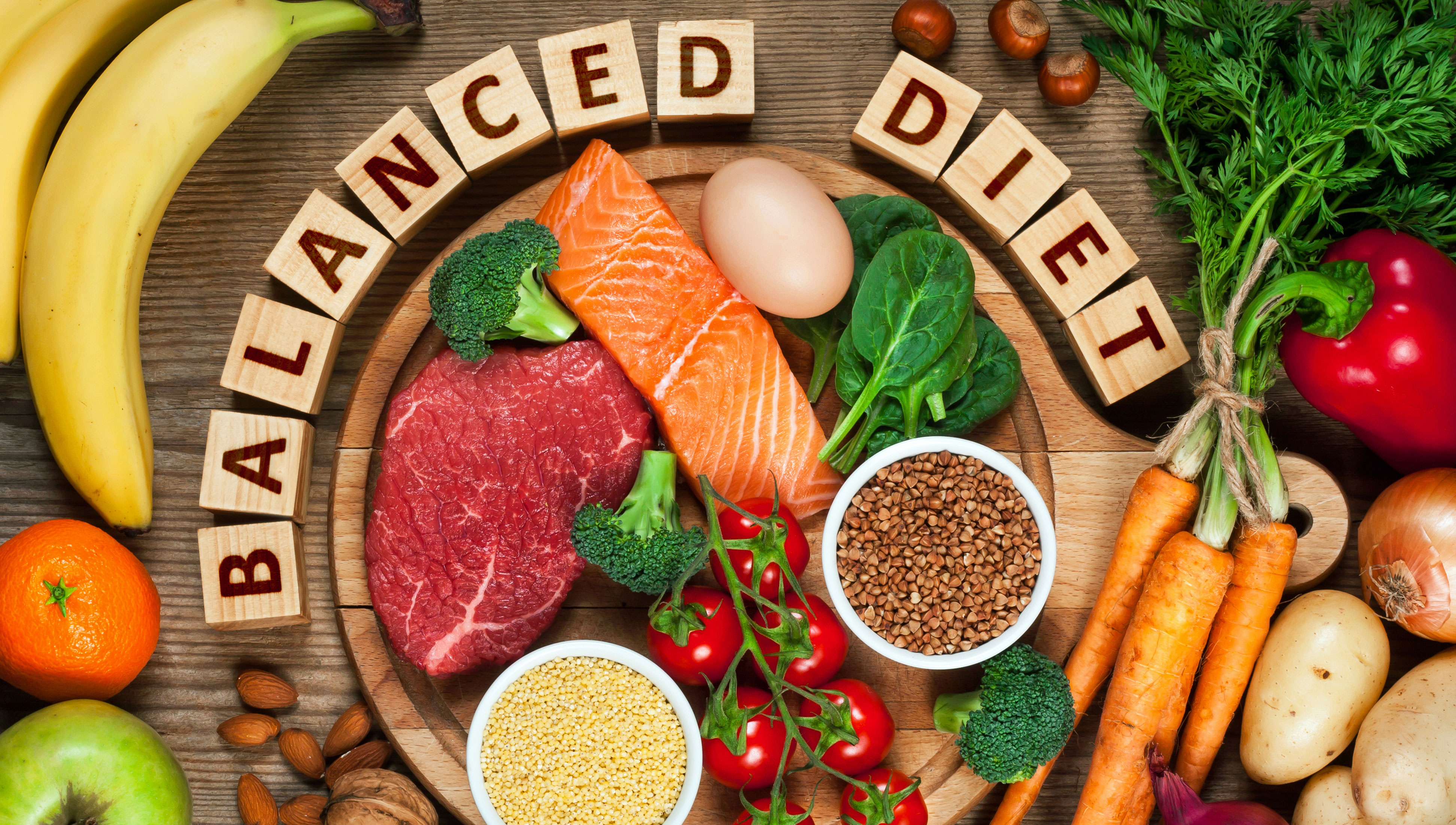
About 80% of women are affected by reduced hormone secretion, leading to symptoms like hot flashes, palpitations, insomnia, irritability, frequent urination, osteoporosis, lower back pain, and urinary incontinence during pre and post-menopause. To alleviate these discomforts, many women opt for supplements like soy isoflavones for regulation.
However, maintaining good health requires a balanced intake of nutrients from natural sources. Menopausal women should focus on a balanced diet while moderately supplementing calcium, magnesium, B vitamins, soy products, vitamin C, and E. Combining exercise to relieve stress and promote bone health is crucial for preventing and improving menopausal symptoms effectively.
Menopausal women are advised to prepare a calcium-rich and heart-nourishing meal. This diet emphasizes "three lows and one high" along with "four less and one more," which means low oil, low salt, low sugar, high fiber; less fried food, less fatty meat, less oily food, less calories, and more vegetables. Women can consume foods like tomatoes, kiwi, or black fungus regularly. Tomatoes contain rich lycopene, which assists in improving blood lipid composition and has antioxidant properties, making it beneficial for cardiovascular health.
Traditional Chinese Medicine Adjustments
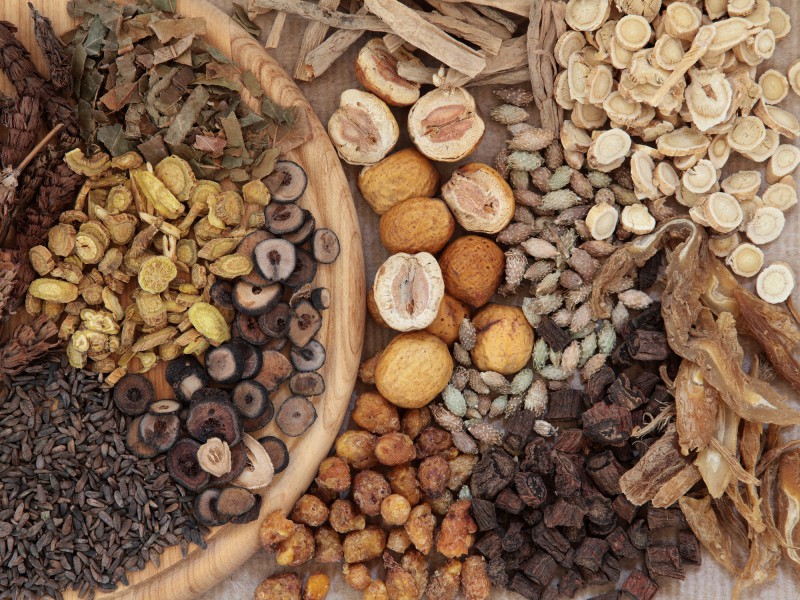
Women over the age of 45 often experience emotional disturbances, low mood, irritability, high blood pressure, chest tightness, and palpitations, accompanied by reduced menstrual frequency and longer cycles, indicating the onset of menopausal syndrome.
Menopausal women frequently experience palpitations, which are usually not accompanied by chest tightness or stabbing pain associated with cardiac hypoxia. If excessive tension stimulates the sympathetic nervous system, causing accelerated heartbeat, it can be mistaken for heart disease. However, as long as the electrocardiogram results are normal and there are no prominent blue veins under the tongue, palpitations are common symptoms of menopausal syndrome and need not cause alarm.
Palpitations, a sensation of one's own heartbeat, can be fast, slow, irregular, or normal. Menopausal women might experience palpitations due to decreased hormone levels. Contrary to common belief, supplementing hormones doesn't always slow down palpitations. For instance, if the heartbeat is weak and rapid or slow and accompanied by chest tightness, along with fatigue, weak speech, weakness in limbs, pale lips, pale nails, lack of facial luster, easy startle, irregular menstruation, significantly reduced menstrual flow, gradually lightening menstrual color, and dizziness during menstruation, it could be due to heart blood deficiency or yin deficiency (accompanied by hot flashes). In such cases, adjustments with herbal formulations like Xiaoyaopowder and Bazhendecoction can regulate palpitations.
If the heartbeat is rapid and forceful, accompanied by extreme restlessness, extreme heat in the mouth and tongue, dry mouth with a bitter taste, irritability, insomnia, good physical strength, red tongue with yellow coating, it indicates excessive heart yang. Drinking lotus seed heart tea can alleviate momentary palpitations.
One of the physiological characteristics of women is that they tend to feel cold; the saying goes, "Ten women, nine are cold." However, the only exception is menopausal women. Once they reach a certain age, they find themselves becoming less sensitive to cold and more sensitive to heat, especially experiencing waves of discomfort resembling hot flashes, particularly after 3 p.m. If blushing and shy redness appear on the cheeks, it indicates the onset of menopause.
Hot flashes during menopause (also known as hot flushes) manifest as hot sensations in the extremities and the heart. This phenomenon, termed "Five Heart Agitations" in traditional Chinese medicine, involves a flushed face, heat, and restlessness. Such sensations make menopausal women unafraid of cold weather; they might even wear light clothing in winter. However, during a scorching summer, the combination of internal and external heat, along with mental stress, exacerbates the hot flashes, making it even more uncomfortable.
According to traditional Chinese medicine, hot flashes during menopause are often attributed to yin deficiency and heat. Yin deficiency leads to insufficient water in the body, causing excess yang and heat. Therefore, nourishing yin and clearing heat can be beneficial. Herbs like Sheng Dihuang, Mai Mendong, Huang Jing, and Yuzhu shavings have the effect of nourishing yin and clearing heat, reducing the discomfort of menopausal hot flashes.
Women in modern society have high social status and often work as professional women. After retirement, they face changes in social roles and might struggle to adapt mentally. This situation increases stress, which, combined with irregular sleep patterns, can lead to unstable emotions and tense interpersonal relationships. It is recommended that women start by reducing stress and maintaining a regular sleep schedule to prevent discomfort during menopause. Additionally, embracing the philosophy of "living in the moment" and "laughing heartily" can help women transition into their "second youth" with relaxation.


